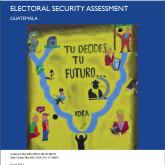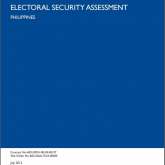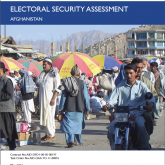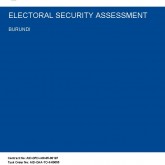Patrick W.. Bizarrerie (Washington, CC)
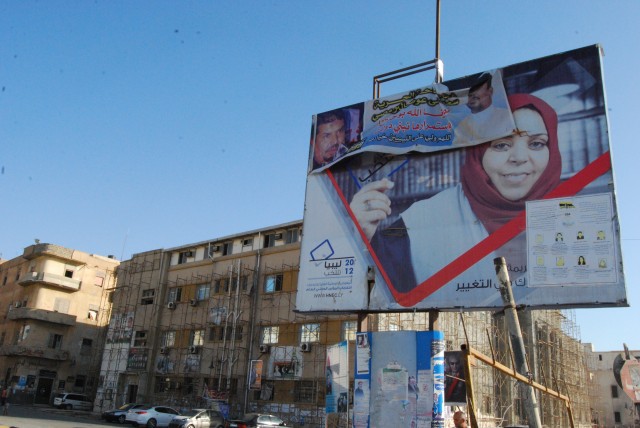
Creative’s Conflict Management and Electoral Security Team Gleans Insights from Across the Globe Relevant to Upcoming Polls
Over the last year in what has been termed the “Arab Spring," l'effondrement de régimes en place de longue date dans des pays comme la Tunisie, Egypt and Libya has created space for political contestation that citizens in these countries had never before experienced.
Ayant démontré leur force par des actions dans la rue, citizens shifted to establishing institutions of government that reflect the popular will and cultural contours of their polities. Through concerted action and collaboration within and across state- and non-state sectors, beaucoup de choses ont été accomplies.
The people of Egypt and Libya determined that elections were to be their chosen instrument for determining governance and, for the first time in decades, participated in largely open and fair elections. Individuals and political parties alike campaigned for votes.
The citizens of the Arab Spring look to electoral processes as crucial to legitimizing government, promouvoir la responsabilité et la bonne gouvernance, ainsi que de contribuer à la stabilité nationale. Même si les élections peuvent répondre à ces besoins si elles sont administrées de manière impartiale et dans un environnement pacifique, ils peuvent également déstabiliser les nations et délégitimer les gouvernements s’ils sont embourbés dans les conflits et la violence..
Qui plus est, le potentiel de violence peut éloigner les citoyens des urnes et dissuader les candidats de faire campagne ouvertement. Les événements récents en Libye et dans d’autres pays prouvent que, malgré des progrès et des gains remarquables dans le monde arabe, ces processus et transitions en cours restent fragiles. This has particular implications for other countries in the MENA region slated to hold elections in the coming months—should upcoming polls experience conflict and violence, transitions risk being de-railed and the legitimacy of governments questioned.
Reconnaissant la menace que la violence fait peser sur l'intégrité des élections, au cours de la dernière année, Creative a travaillé avec l'État- et les acteurs non étatiques du monde entier pour élaborer des stratégies visant à prévenir, gérer, et arbitrer les conflits et la violence liés aux élections. Through a program funded by USAID, Creative’s Jeff Fischer and Patrick Quirk performed electoral security assessments in Afghanistan, Burundi, Guatemala, and the Philippines to help state- and non-state actors in these locations manage potential conflict surrounding upcoming polls PFDs of the assessment reports can be found here: Créatif – Electoral Security Assessment PHILIPPINES Créatif – Electoral Security Assessment GUATEMALA Créatif – Electoral Security Assessment AFGHANISTAN et Créatif – Electoral Security Assessment BURUNDI.
S'appuyant sur les conclusions de ces évaluations et d'entretiens approfondis avec des experts du monde entier, Creative is writing a Best Practices Guide in Conflict Management and Electoral Security. Insights from this Guide [to be published by USAID in November] will prove useful to state- and non-state actors in Arab spring countries as they plan for upcoming elections. Though organizing elections is vital to forward progress in these nations, actors must also ensure that these processes are secure so that citizens have the opportunity to make their opinion heard.
Patrick W.. Bizarrerie, Associé de gestion, Conflict Management and Electoral Security, Associés créatifs internationaux
